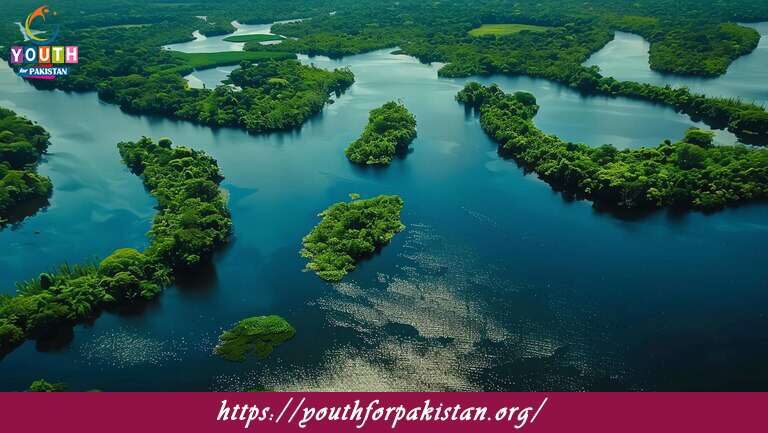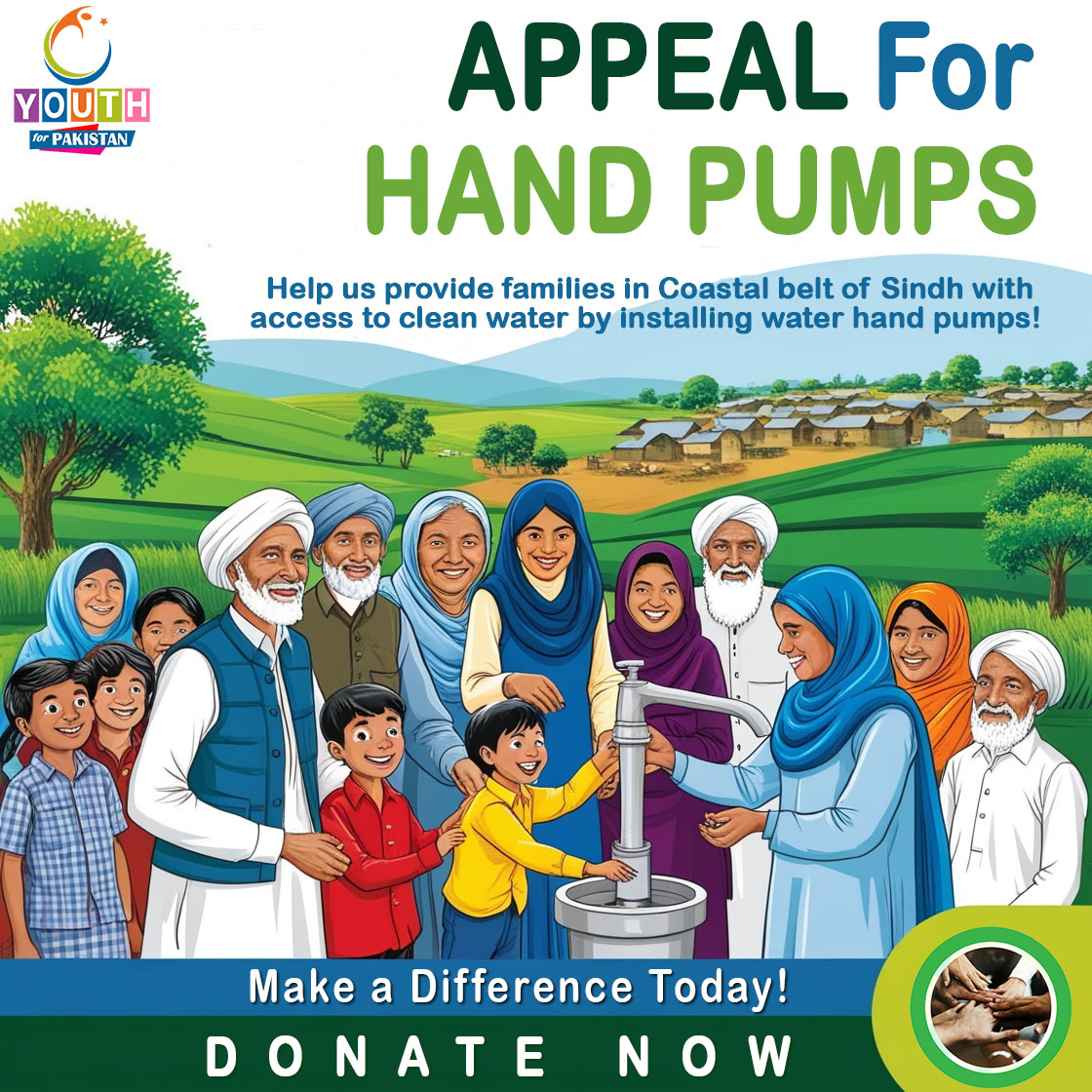Welcome to the 12th Class Biology Chapter 26 MCQs Practice and Quiz Tests. We are presenting you with top MCQ questions from the 12th Class Biology Chapter 26 Some Major Ecosystems.
You can find all the 12th Class Biology Chapter 26 MCQs online tests on our website. These online tests are great for learning and as well as for scoring maximum marks in your Intermediate Exams. We are making these Class 12 Biology MCQs online tests for those who want full marks in their exams.
Which ecosystem is characterized by the presence of waterlogged soil and an abundance of cattails, sedges, and water lilies?
a) Tropical Rainforest
b) Tundra
c) Wetland
d) Desert
The Amazon Rainforest is an example of which type of ecosystem?
a) Taiga
b) Grassland
c) Temperate Deciduous Forest
d) Tropical Rainforest
Which ecosystem is characterized by cold, harsh winters, and a prevalence of coniferous trees?
a) Grassland
b) Savanna
c) Tundra
d) Coral Reef
The Serengeti in Africa is an example of which type of ecosystem?
a) Savanna
b) Desert
c) Chaparral
d) Taiga
Coral reefs are predominantly found in which type of ecosystem?
a) Desert
b) Grassland
c) Ocean
d) Tundra
The Great Barrier Reef is a famous coral reef ecosystem located off the coast of which country?
a) Brazil
b) Australia
c) India
d) Mexico
The African savanna is characterized by the presence of which iconic large land mammals?
a) Polar Bears
b) Elephants
c) Koalas
d) Penguins
The taiga ecosystem is also known as the:
a) Rainforest
b) Boreal Forest
c) Wetland
d) Prairie
Which ecosystem is known for its extremely low temperatures, high winds, and a layer of permanently frozen subsoil?
a) Desert
b) Grassland
c) Tundra
d) Tropical Rainforest
The Everglades in Florida, USA, is an example of which type of ecosystem?
a) Mangrove Forest
b) Savanna
c) Desert
d) Temperate Deciduous Forest
Which ecosystem is characterized by an extended dry season, followed by heavy rains?
a) Tundra
b) Chaparral
c) Tropical Rainforest
d) Savanna
The Sonoran Desert is an example of a desert ecosystem primarily located in which two countries?
a) USA and Mexico
b) Brazil and Argentina
c) India and Pakistan
d) Australia and New Zealand
Which ecosystem is characterized by grasslands with few to no trees and is susceptible to wildfires?
a) Desert
b) Taiga
c) Savanna
d) Coral Reef
The Mediterranean climate with hot, dry summers and mild, rainy winters is typical of which ecosystem?
a) Chaparral
b) Tundra
c) Grassland
d) Tropical Rainforest
The Galápagos Islands are famous for their unique and diverse ecosystem, inspiring Charles Darwin’s theory of evolution. These islands are located in which ocean?
a) Indian Ocean
b) Atlantic Ocean
c) Pacific Ocean
d) Arctic Ocean
The African continent is home to the largest tropical rainforest in the world, known as:
a) Amazon Rainforest
b) Congo Rainforest
c) Taiga
d) Boreal Forest
Which ecosystem is characterized by a diverse range of tree species that shed their leaves in the fall?
a) Tropical Rainforest
b) Mangrove Forest
c) Temperate Deciduous Forest
d) Desert
The African elephant is an example of a keystone species in which ecosystem?
a) Tundra
b) Grassland
c) Savanna
d) Coral Reef
Which ecosystem is characterized by its high salt content, mangrove trees, and various species of marine life?
a) Tundra
b) Desert
c) Mangrove Forest
d) Tropical Rainforest
The Nile River, the longest river in the world, flows through which ecosystem?
a) Desert
b) Taiga
c) Grassland
d) Savanna
The Sahara Desert, the largest hot desert in the world, is primarily located in which continent?
a) South America
b) Africa
c) Australia
d) Asia
The ecosystem dominated by evergreen trees with needle-like leaves and inhabited by animals like lynx and moose is called:
a) Tropical Rainforest
b) Taiga
c) Savanna d) Chaparral
Which ecosystem is characterized by its underground network of burrows and tunnels created by rodents?
a) Desert
b) Grassland
c) Tundra
d) Savanna
The Great Barrier Reef, the world’s largest coral reef system, is situated off the coast of which country?
a) Brazil
b) Australia
c) India
d) Mexico
The “Northern Lights” or “Aurora Borealis” can often be seen in which ecosystem near the North Pole?
a) Taiga
b) Tundra
c) Desert
d) Grassland
The “Southern Lights” or “Aurora Australis” can often be seen in which ecosystem near the South Pole?
a) Taiga
b) Tundra
c) Desert
d) Grassland
The unique ecosystem found in coastal areas where freshwater rivers meet the salty ocean is called:
a) Coral Reef
b) Wetland
c) Savanna
d) Desert
Which ecosystem is characterized by its dense and diverse plant life, often referred to as the “lungs of the Earth”?
a) Taiga
b) Grassland
c) Wetland
d) Tropical Rainforest
The Okavango Delta, one of Africa’s most diverse ecosystems, is located in which country?
a) Kenya
b) Botswana
c) Nigeria
d) Egypt
Which ecosystem is characterized by its high annual precipitation and mild winters, with oak and hickory trees being common?
a) Tundra
b) Desert
c) Temperate Deciduous Forest
d) Chaparral
The Serengeti in Africa is famous for hosting one of the most significant wildlife events, known as:
a) Penguin Migration
b) Elephant Gathering
c) Great Migration
d) Koala Commotion
Which ecosystem is characterized by high humidity, abundant rainfall, and a rich diversity of plant and animal life?
a) Grassland
b) Tundra
c) Tropical Rainforest
d) Chaparral
The Arctic region is an example of which type of ecosystem?
a) Desert
b) Taiga
c) Tundra
d) Savanna
The unique ecosystem formed along the banks of rivers and streams is known as a:
a) Savanna
b) Wetland
c) Desert
d) Grassland
The California coast is known for its characteristic ecosystem featuring shrubs, grasses, and occasional wildfires. This ecosystem is called:
a) Tropical Rainforest
b) Taiga
c) Chaparral
d) Tundra
Which ecosystem is often referred to as the “rainforests of the sea,” housing diverse marine life?
a) Wetland
b) Tundra
c) Coral Reef
d) Desert
The diverse ecosystem surrounding a freshwater lake is known as a:
a) Desert
b) Savanna
c) Wetland
d) Grassland
Which ecosystem is characterized by its sandy, hot, and dry conditions, making it inhospitable for most plants and animals?
a) Savanna
b) Desert
c) Mangrove Forest
d) Chaparral
The Everglades in Florida, USA, are primarily a:
a) Tropical Rainforest
b) Wetland
c) Tundra
d) Desert
The Gobi Desert is a vast and cold desert ecosystem primarily located in which country?
a) China
b) India
c) USA
d) Australia
The ecosystem found around a volcanic mountain with fertile soil and diverse plant life is known as:
a) Tundra
b) Grassland
c) Tropical Rainforest
d) Volcano Forest
The unique ecosystem formed by the interaction of a saltwater body and a freshwater river is called a:
a) Wetland
b) Desert
c) Coral Reef
d) Mangrove Forest
The ecosystem dominated by evergreen shrubs and small trees, adapted to hot and dry summers, is known as:
a) Chaparral
b) Taiga
c) Tundra
d) Temperate Deciduous Forest
The largest tropical rainforest in North America, often referred to as the “Amazon of North
America,” is:
a) The Congo Rainforest
b) The Everglades
c) The Pacific Northwest Rainforest
d) The African Savanna
The “Prairie” is an example of which type of ecosystem?
a) Grassland
b) Tundra
c) Desert
d) Coral Reef
The unique ecosystem found along the coasts with salt-tolerant vegetation is known as:
a) Desert
b) Mangrove Forest
c) Tundra
d) Chaparral
The Florida Keys, a chain of islands, are famous for their diverse and fragile ecosystem known as:
a) Desert
b) Coral Reef
c) Wetland
d) Savanna
The ecosystem characterized by its high biodiversity, tall and dense trees, and constant warmth and humidity is:
a) Desert
b) Tropical Rainforest
c) Tundra
d) Savanna
The unique and diverse ecosystem formed around a body of freshwater, known as a “lungs of the Earth,” is called:
a) Grassland
b) Wetland
c) Desert
d) Tropical Rainforest
The world’s largest continuous ecosystem, known for its cold and coniferous forests, is
called:
a) Desert
b) Taiga
c) Tundra
d) Chaparral
The unique and diverse ecosystem surrounding a body of water, characterized by cypress trees and alligators, is called a:
a) Desert
b) Tropical Rainforest
c) Wetland
d) Savanna
The ecosystem characterized by its dry summers and mild, rainy winters, supporting plants like sagebrush and scrub oak, is called:
a) Tropical Rainforest
b) Chaparral
c) Tundra
d) Savanna
The unique and diverse ecosystem formed around a body of water, characterized by its high salt content and marine life, is called a:
a) Mangrove Forest
b) Tundra
c) Coral Reef
d) Desert
The unique and diverse ecosystem formed around a freshwater lake or pond is known as a:
a) Wetland
b) Savanna
c) Desert
d) Grassland
The world’s largest cold desert, known for its icy landscape, is the:
a) Gobi Desert
b) Sahara Desert
c) Arctic Desert
d) Sonoran Desert
The unique and diverse ecosystem formed around a body of water, characterized by its tall grasses and abundant wildlife, is called a:
a) Desert
b) Tropical Rainforest
c) Grassland
d) Wetland
The unique and diverse ecosystem formed around a body of water, characterized by its abundance of trees and wildlife, is called a:
a) Mangrove Forest
b) Wetland
c) Desert
d) Tropical Rainforest
The unique and diverse ecosystem formed around a body of water, characterized by its cold temperatures and ice, is called a:
a) Mangrove Forest
b) Desert
c) Tundra
d) Wetland
If you are interested to enhance your knowledge regarding Physics, Chemistry, Biology, and Computer please click on the link of each category, you will be redirected to dedicated website for each category.










